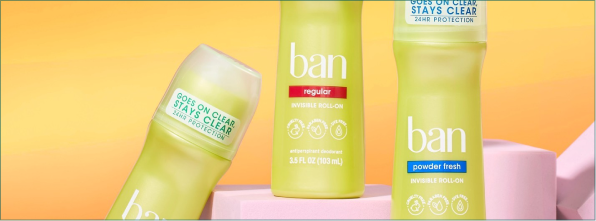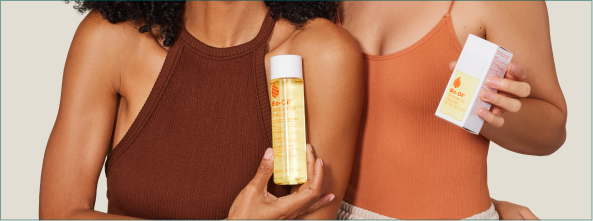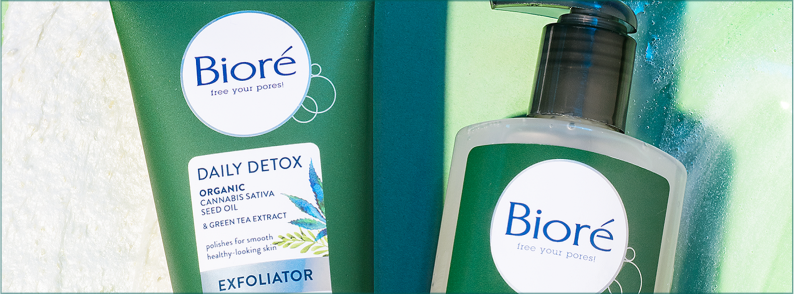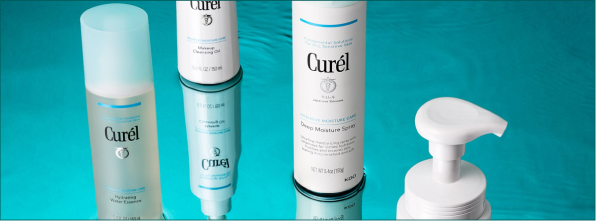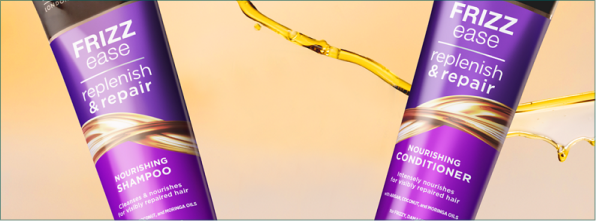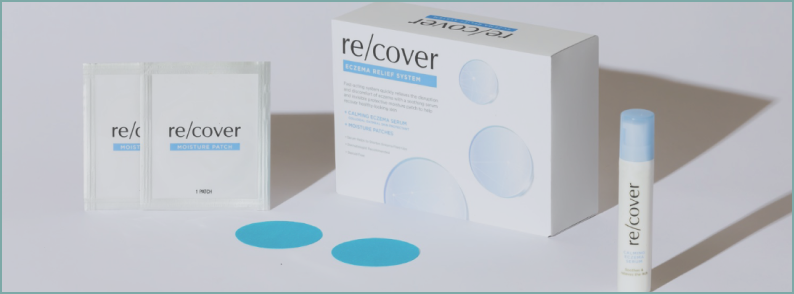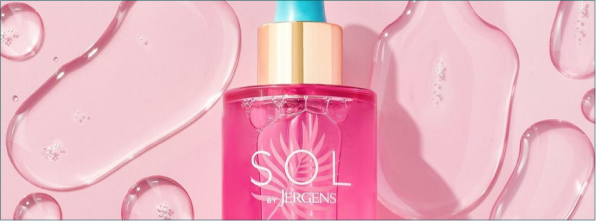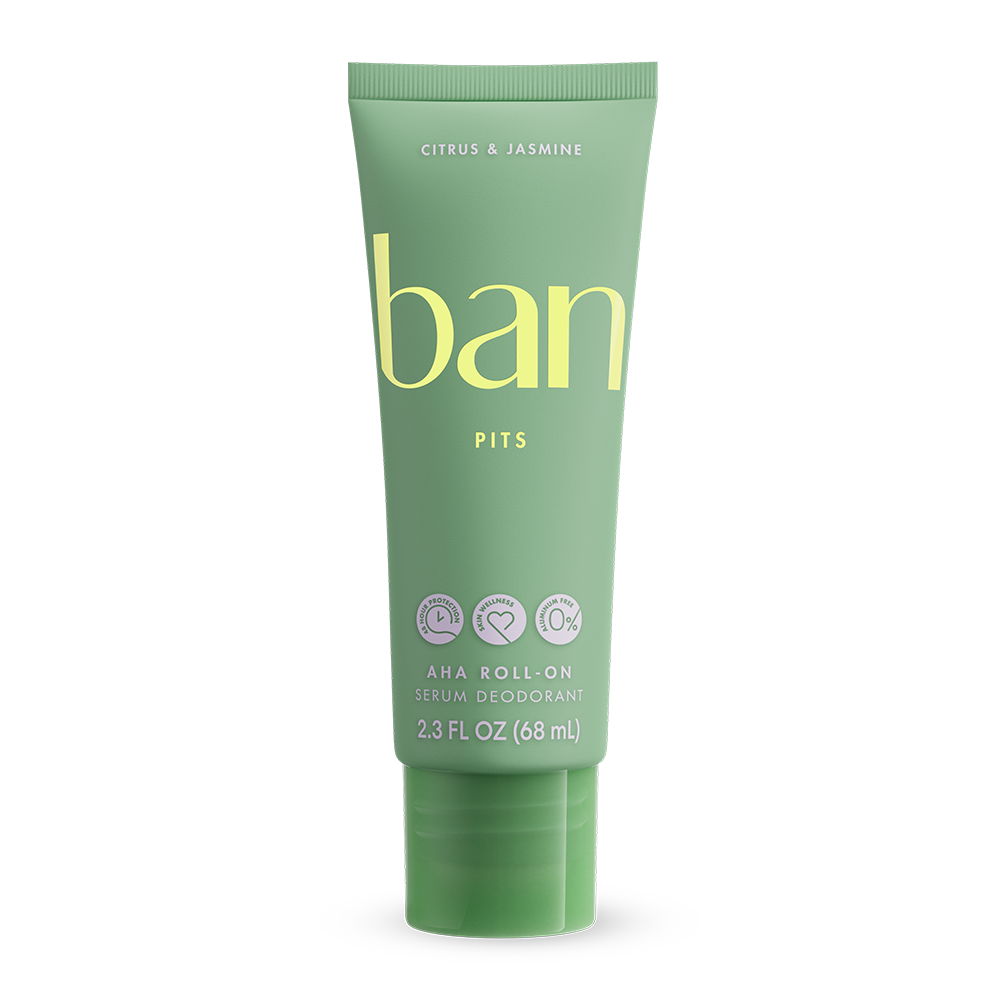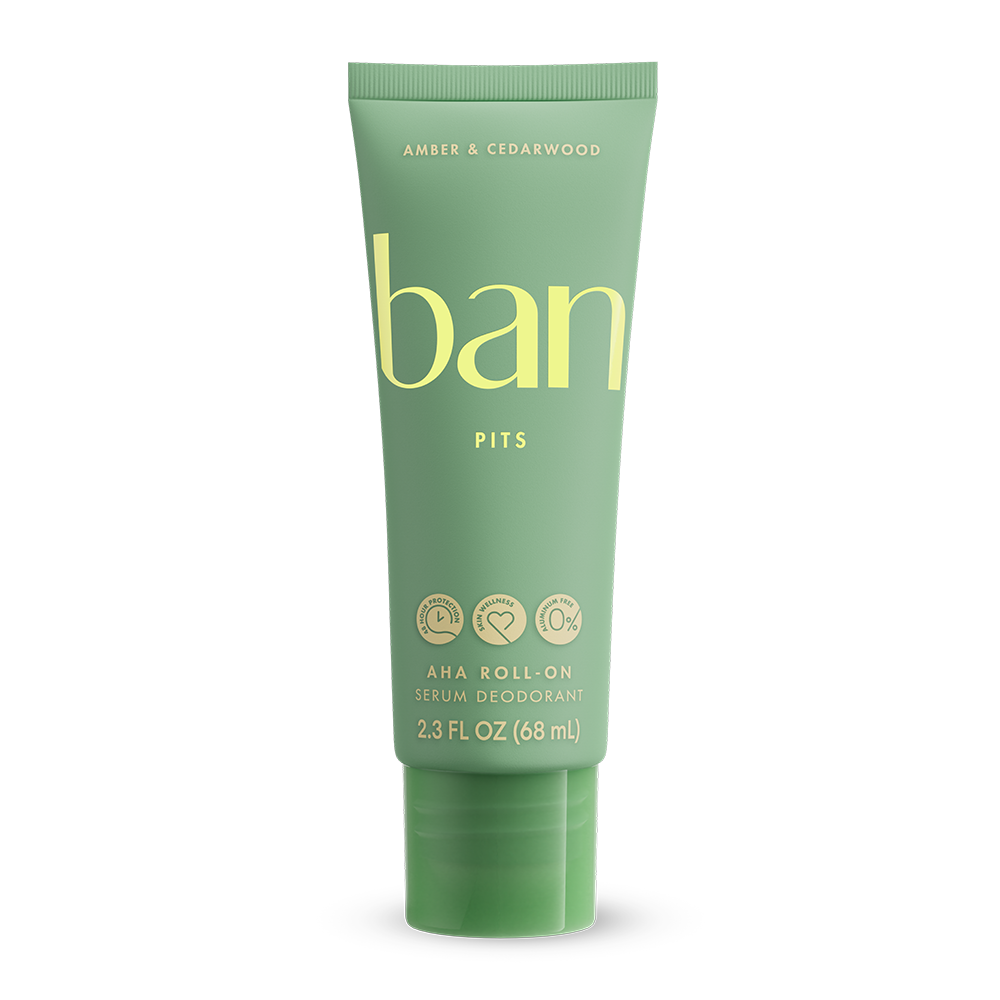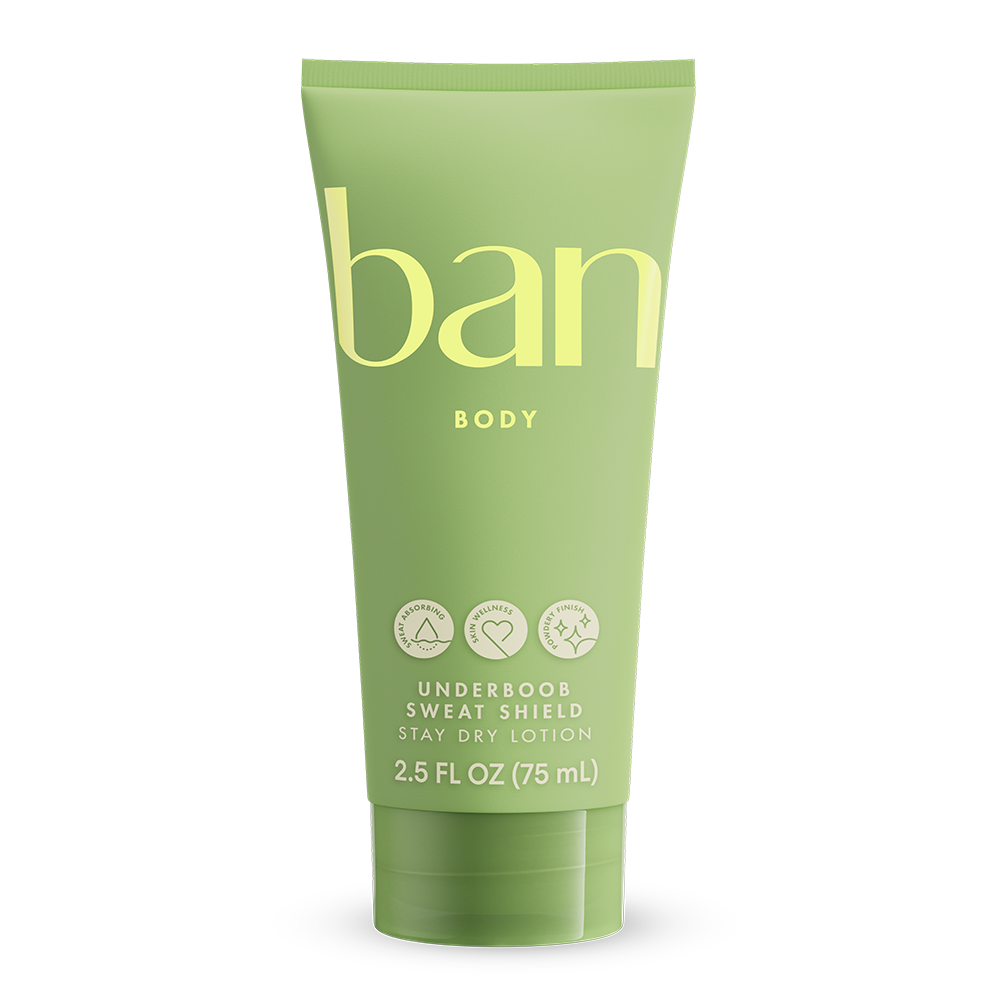What Is Antiperspirant? How It Works, Safety, And Tips

Smelling and feeling fresh and dry throughout the day is a challenge if you don’t have the right tools in your personal care supply. An afternoon in the hot sun, a killer spin class or even just a normal day’s activities can leave you feeling funky and smelling stinky. So, do you need an antiperspirant to combat that sweaty stench by preventing sweat at the source? Up your IQ and learn everything you need to know about antiperspirant, how it works and why it’s not the same as deodorant.
What Is Antiperspirant?
Antiperspirants are an effective topical tool used to prevent body odor and sweating. They can come in the form of stick, roll-on or spray products. Antiperspirants reduce sweating, often using aluminum compounds like aluminum chloride or aluminum chlorohydrate. Not only do they lessen perspiration by preventing sweat, but they also help eliminate the body odor that accompanies it.
Deodorant Vs. Antiperspirant

Deodorant is often incorrectly used as a catch-all phrase for any kind of body odor-eliminating aid when there are really significant differences between deodorant and antiperspirant. While both products can help reduce unfortunate odors resulting from sweat, the ways in which they do so differ.
Most people believe that sweat itself smells bad, but that isn’t the case. Sweat has no scent naturally. It’s only when bacteria on your skin begins to break down the proteins found in sweat, that sweat seems to emit its distinctive - and unpleasant smell.
Deodorant And Antiperspirant Both Help To Eliminate Odor, But Antiperspirant Also Stops The Sweating At Its Source.
Deodorant helps fight foul odors by preventing bacteria from doing its dirty work on your skin and allowing you to skip the stink.
Antiperspirant, on the other hand, uses aluminum to control the sweat that your body produces. By applying antiperspirant, you temporarily help block your sweat glands from producing sweat and subsequently prevents the potential of smells and odors that come with sweat.
Shop Solid Deodorant and Antiperspirant
How Does Antiperspirant Work?
You may be wondering how antiperspirant works. The aluminum compounds found in antiperspirants dissolve into the moisture on your underarms or wherever else you may apply it. The aluminum is then absorbed into your sweat glands (the eccrine and apocrine glands) where it lines the ducts, making it difficult for sweat to get out temporarily.
After a while, the moisture inside and outside of glands balances out, allowing the glands to release the sweat once again. Because of this, antiperspirant only lasts for only a certain period of time before it needs to be reapplied.

How To Use Antiperspirant
Using antiperspirant to help prevent body odor is a simple process. Follow these steps to apply antiperspirant:
- Apply to clean, dry underarms
- Swipe onto your skin using 2-3 upward and downward sweeps
Bonus tips:
- Applying antiperspirant before bed and after showering will allow your sweat glands to absorb the product better, helping to achieve maximum sweat prevention.
- Although antiperspirant is typically used on the underarms, it may also be beneficial in other areas of the body that produce sweat, including the groin, soles of your feet, and palms of your hands.
Is Antiperspirant Bad For You?
We all want to make the best choices when it comes to the products we use. When it comes to antiperspirants, there’s a lot of false information about their safety. You may have heard the rumor that the aluminum in antiperspirants is bad for your health. Studies have shown no conclusive link between cancer and the use of antiperspirants.
A study of the relationship between breast cancer and antiperspirant use in 2002 studied the experiences of 813 women who had been diagnosed with breast cancer and 793 without it. Not only did the study find that there was no link between antiperspirant use and breast cancer occurrence, it also found no link between breast cancer and other means of minimizing body odor such as deodorant use and underarm shaving.

While antiperspirants are perfectly safe to use on the underarms, groin, foot soles and palms, sensitive areas such as the genitals should be avoided. You also should never apply antiperspirant in or around your eyes or mouth.
Before applying antiperspirant, read the instructions of the specific product you are using so that you can practice safe use.
Key Takeaways
- Antiperspirant blocks the sweat glands temporarily to prevent sweating and accompanying odor.
- Deodorant and antiperspirant both help to eliminate odor, but antiperspirant also stops the sweating at its source.
- The aluminum compounds used in antiperspirants keep moisture from seeping out by blocking the ducts.
- Antiperspirant use is not limited to the underarms and can also be effective on other areas of the body that produce sweat.
- No conclusive evidence has been found to support claims that there is a link between antiperspirant use and cancer or other health risks.
